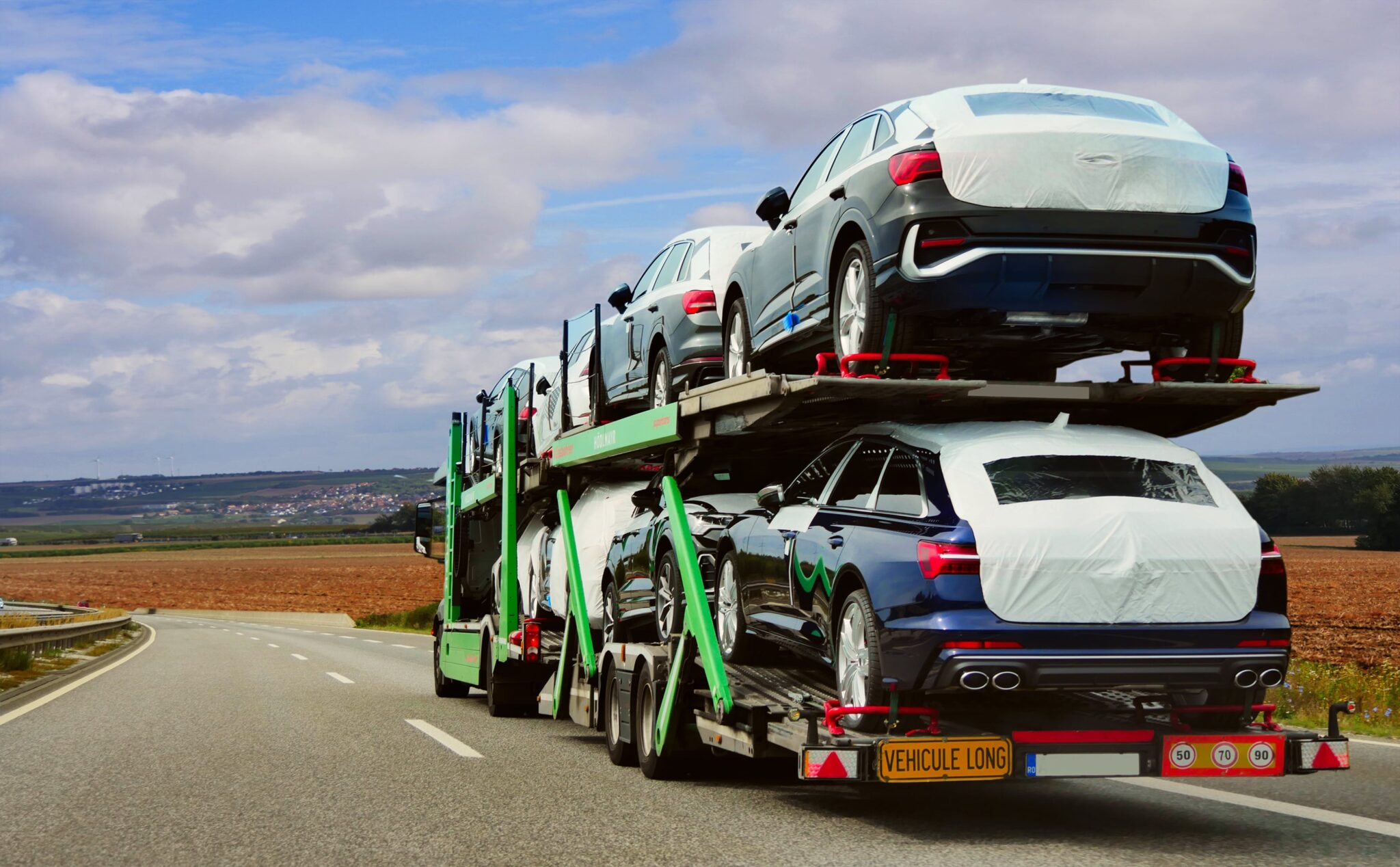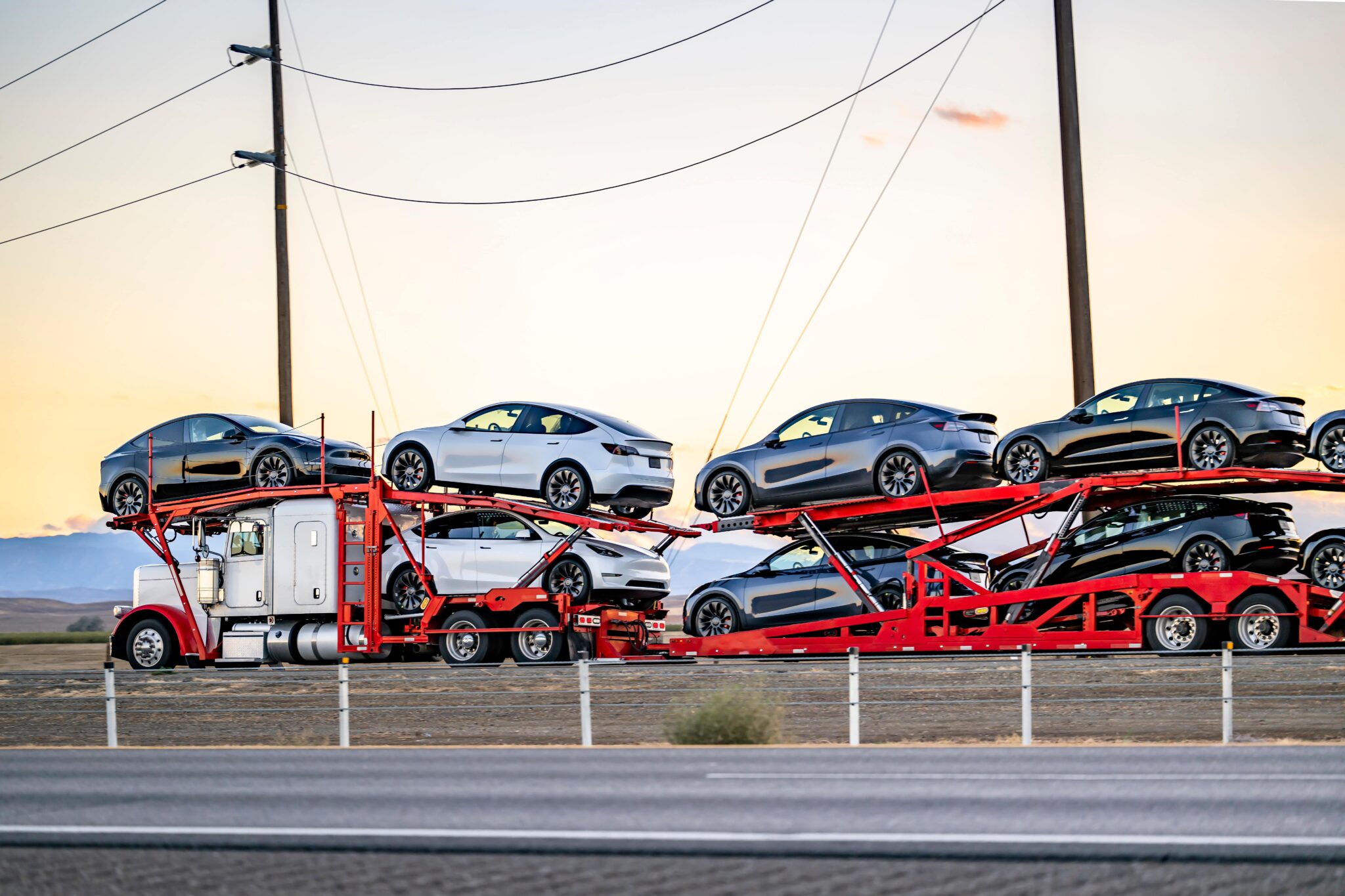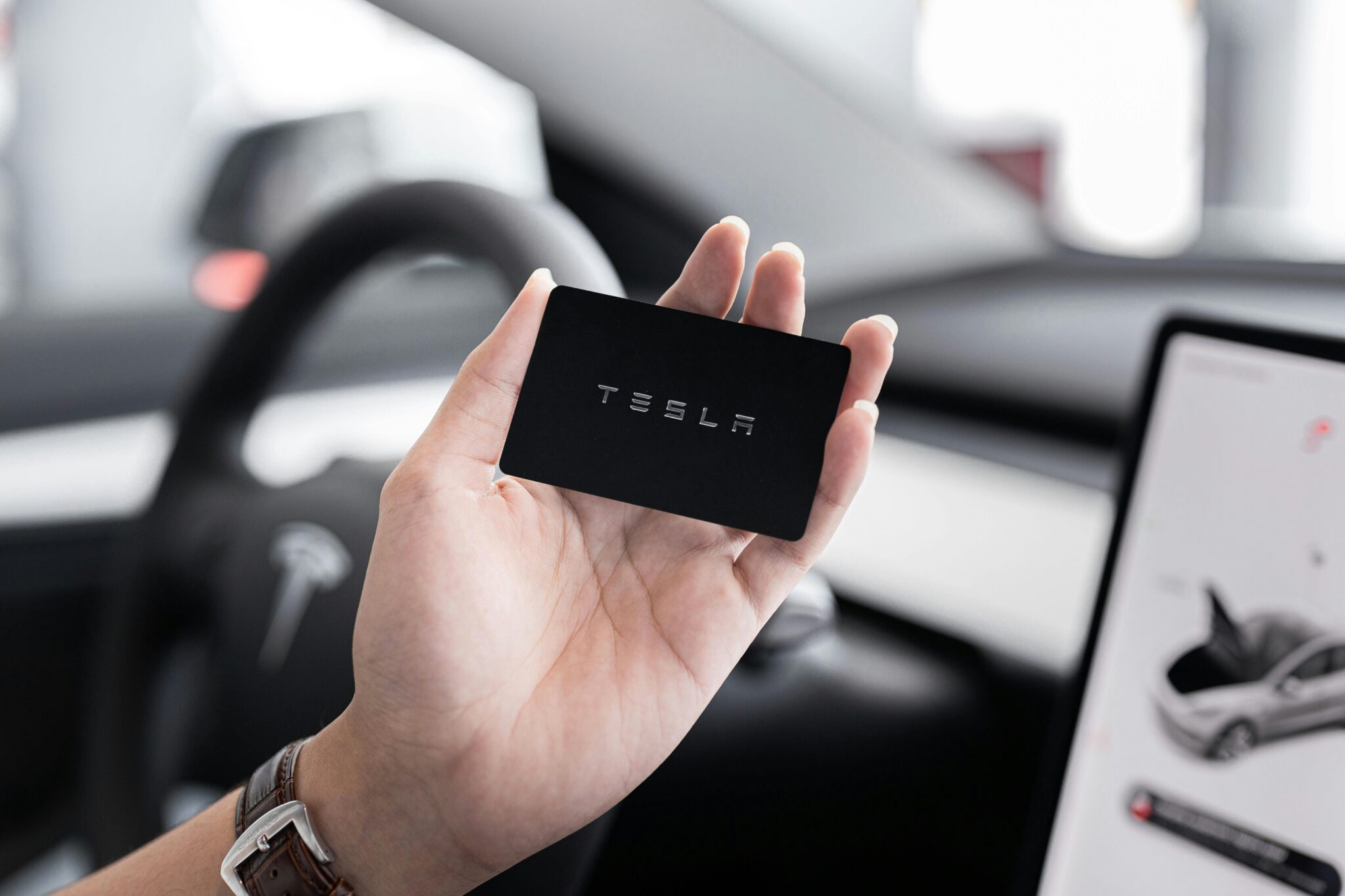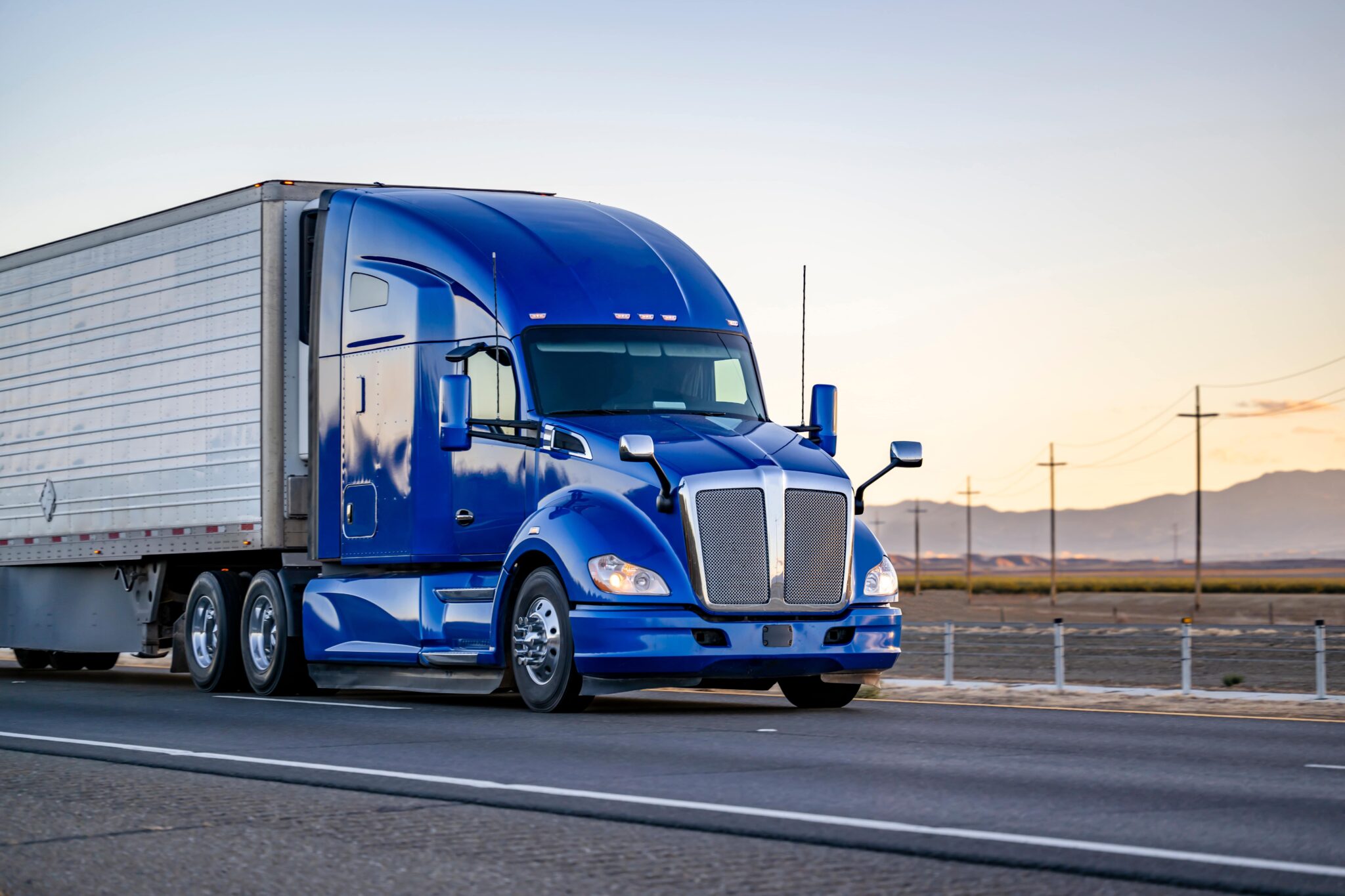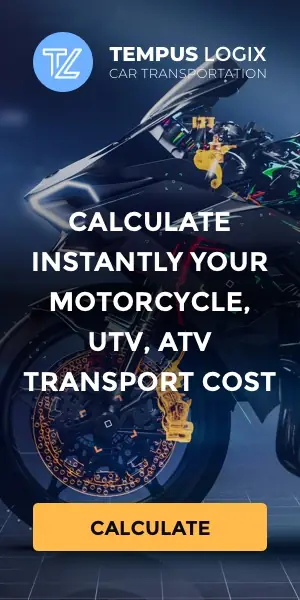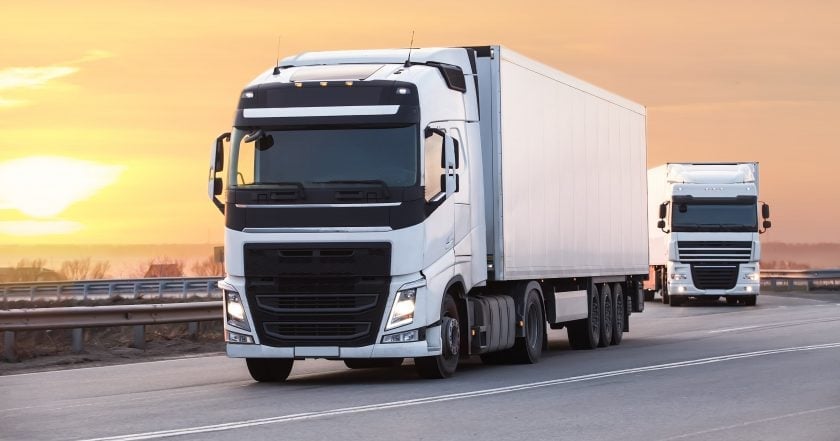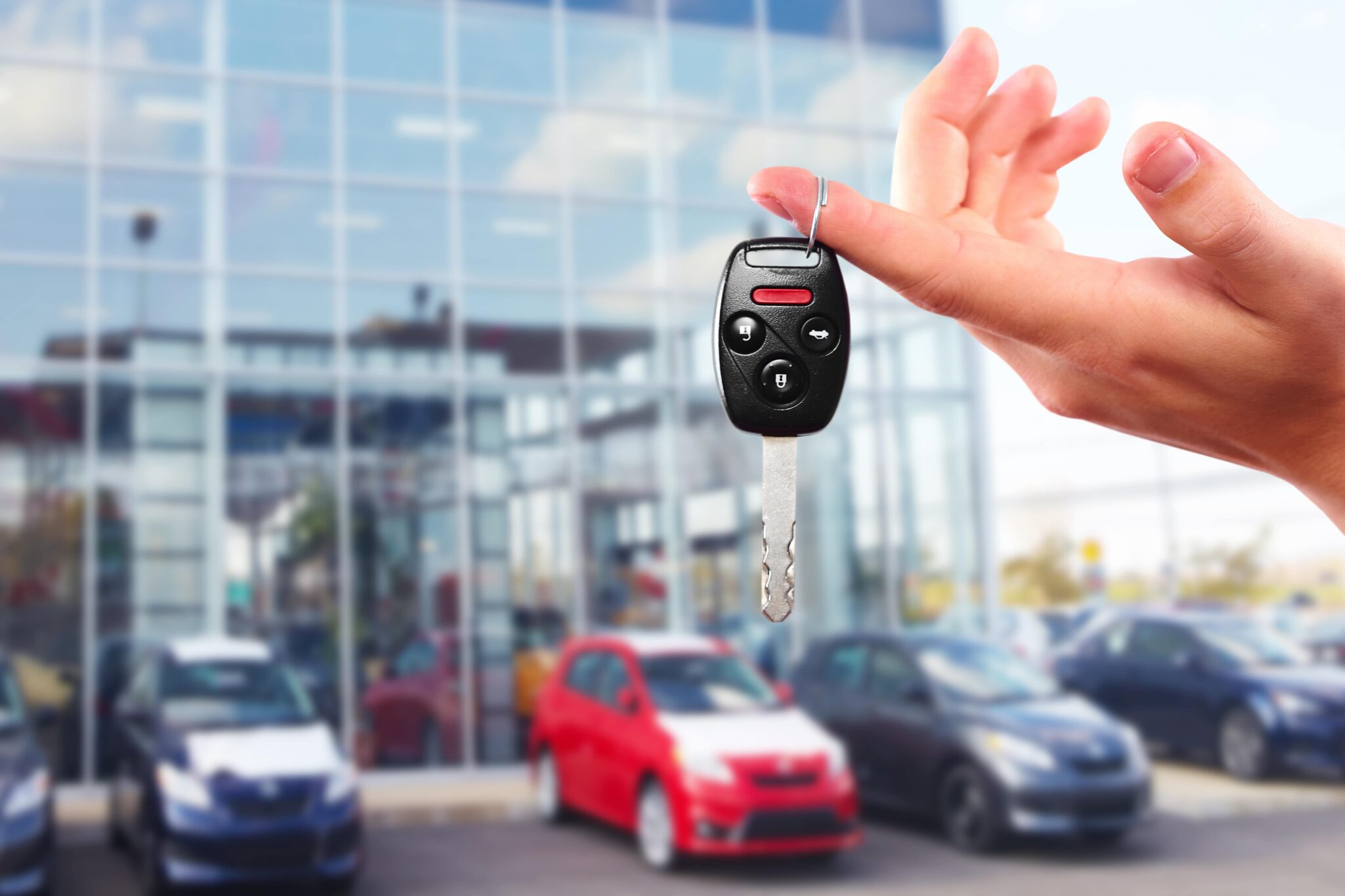Upon deciding to haul your car to its new destination, you will find thousands of auto shipping companies ready to move it where it needs to go, and they will compete to provide the best auto hauling services. Indeed, reputable auto transporters always seek to provide high-quality services using special and modern tools.
Among the different auto shipping services, customers are always asked to choose between two kinds of auto shipment: open or enclosed. While each method is recommended for specific needs, this guide focuses on everything customers need about enclosed auto transport. This guide will cover the following topics about main enclosed auto transport:
- What is an enclosed trailer?
- Types of auto-hauling enclosed trailers.
- Are enclosed trailers better than open carriers?
- Enclosed auto transport’s pros and cons
- Enclosed auto transport costs & factors affecting shipping costs
- Where to find reputable auto transport companies that offer enclosed auto transport?
As you can see, we will address enclosed auto transport from A to Z, so our readers will probably find answers to most of their questions about enclosed auto shipping.
What is an enclosed trailer?
As the name entails, enclosed auto-shipping trailers are covered carriers with protective walls and a roof to protect cargo from the elements while in transit.
Hauling cars with enclosed carriers are considered a premium service different auto transport companies provide for people looking for first-rate auto shipping services. That is true for auto transport companies eager to cater to a wide range of clients’ needs and preferences.
Enclosed trailers are available in different shapes and sizes. Some are small trucks that can carry only one or two vehicles at a time, while others are bigger trucks with bigger hauling capacities, carrying up to eight vehicles.
In the following section, you will learn more about the enclosed trailer types and the special equipment auto transporters use to load and unload vehicles into enclosed trailers.
Types of auto-shipping enclosed trailers
Several kinds of trailers are used to haul vehicles, but this section will only give a glimpse of the most popular and common enclosed trailers used in the auto shipping industry.
There are soft-side and hard-side enclosed trailers, stacking and non-stacking carriers, carriers that can carry 2-3 or 5-6 vehicles, and oversized enclosed trailers. Here is the difference between each one.
Soft-side enclosed trailers
Soft-side enclosed trailers are made with thick materials that are resistant to tear and damage to cover the trailer and its cargo. However, they can be damaged by high-velocity debris, making this kind of trailer only suitable for ordinary vehicles of lower value. This type of enclosed carrier can be used to haul family or ordinary vehicles that are still of higher value to be transported with open carriers.
Hard-side enclosed trailers
This type of covered trailer is made of metal that is more resistant to damage, similar to semi-trucks with big boxy trailers. Hard-side enclosed trailers are the best option for high-end, expensive, and valuable cars. They provide better security measures and ensure the hauled cars remain safe once loaded inside the trailer and until they reach their new destination.
Hard-side enclosed trailers are perfect for cars shipped to auctions, car shows, and unique classic vehicles. However, remember that you will be charged a higher price when shipping similar vehicles via hard-side enclosed auto trailers than with soft-side enclosed trailers.
Enclosed stacking trailers
Enclosed stacking trailers use two tiers to place vehicles on top of another row. One advantage of this type of enclosed trailer is that they can haul more vehicles than the non-stacking trailers, which means shipping costs will be lower since they are divided among the total number of shipped vehicles inside the trailer.
Yet, there is also a disadvantage of enclosed stacking trailers, as in some rare events, it could damage the vehicles loaded into the bottom row of the trailer if a vehicle on the top is leaking oil or other fluids.
Enclosed non-stacking trailers
With enclosed non-stacking trailers, auto transporters can only load vehicles on one row. As these trailers have nothing on the top, there is no risk of damaging vehicles, which sets them apart from the previous type with more than one row.
However, enclosed non-stacking trailers could be a bit more expensive since they haul fewer vehicles and ensure a more seamless hauling process for high-value, exotic, and luxury vehicles than enclosed stacking trailers.
2-3 car enclosed carriers
Shipping vehicles with small enclosed carriers that fit two to three vehicles at a maximum provides the highest levels of security for vehicles. This type of carrier is appropriate for unique exotic or classic cars with a custom paint job.
Still, using single-tier carriers to haul a high-end vehicle comes with extra costs, so expect the costs to be higher than any other auto-hauling trailer.
5-6 car enclosed carriers
This auto carrier has two-tier storage space, resembling semi-trucks. They usually have hard sides for optimal protection against external elements. They are also cheaper than single-tier enclosed carriers as they can haul more vehicles simultaneously.
Oversize enclosed trailers
Some types of vehicles have unusual dimensions and measurements, earning the title of alternative vehicles. These vehicles don’t fit inside regular auto carriers because they are too tall or very wide. So, oversized enclosed trailers are built to haul unique cars like alternative vehicles.
Loading and unloading tools
Carrier operators use special equipment to load and unload vehicles into enclosed carriers. They either use ramps or hydraulic lift gates. Though ramps are the cheaper option and more commonly used, they pose serious threats to vehicles during loading and unloading, especially for low-clearance vehicles.
While driving vehicles on the carrier’s ramps, the vehicle’s undercarriage might get scraped or damaged since the ramps are too steep. Also, improperly positioned or slick ramps could cause the vehicle to slip off, resulting in serious damage.
On the other hand, hydraulic lift gates are the latest effective tool to securely load and unload vehicles, although they come at additional costs. They are the safest means of vehicle loading and unloading, giving the driver full control over the car. With hydraulic lift gates, there is no room left for mistakes, ensuring that the vehicles will not be damaged in any way.
How are vehicles secured inside enclosed trailers?
After loading vehicles inside an enclosed trailer, they need to be tightly secured in their place using two securing tools, chains, or nylon straps.
Chains are not the best tool for securing vehicles, as placing them over the frame or the axle of a car endangers its suspension, putting a lot of strain on the car, especially when it is overly tightened. Moreover, insecurely tightened chains could get loose, thus damaging the car by hitting it every time the carrier passes a road bump.
Per contra, nylon straps are a great substitute for chains and a safer way to secure vehicles. They cover the vehicle’s tire rubber in a way that ensures the car is fixed securely in its place without damaging its rim or any part of the vehicle.
Are enclosed trailers better than open carriers?
Since enclosed car carriers cost more, people tend to assume that open carriers are a bad option, meaning that enclosed trailers are the best. However, we cannot say that open carriers are not a good option for hauling vehicles.
In fact, some kinds of vehicles, like family cars or cars that are driven daily, can be hauled using open-air carriers since the vehicles will be as safe as they are when customers drive them themselves. However, enclosed car carriers are recommended for cars that people own as an investment or those with sentimental value. Expensive vehicles, sports cars, race cars, and classic and vintage cars are also recommended to be shipped using enclosed vehicles to prevent any chance of cosmetic damage. Here are the pros and cons of using enclosed carriers to haul vehicles.
Enclosed are car carriers’ pros & cons
When it comes to the advantages of enclosed car carriers, they, first and foremost, provide an additional layer of protection, preventing road hazards, inclement weather, debris, and other elements from damaging the vehicle. Therefore, enclosed auto transport ensures customers’ satisfaction and protects vehicles from potential theft as they will be completely covered.
Furthermore, hauling vehicles using enclosed carriers are more plausible to customers since they provide higher insurance coverage for added security and optimal safety.
As for the cons, we should mention first that enclosed auto carriers are more expensive, so people with tight budgets may be unable to afford the service. Additionally, finding and arranging for enclosed auto shipments is challenging since they have a smaller customer base.
Enclosed auto transport costs
Shipping high-value vehicles via enclosed car carriers is more expensive than the other common auto shipping type with open-air carriers. Actually, costs could increase from 50% to 100% when choosing enclosed carriers to ship vehicles on the same route compared to open carriers. The percentage for the additional shipping costs per mile is a 40% to 60% increase in price.
Enclosed car shipping is more expensive because enclosed trailers carry fewer vehicles, contributing to the added shipping costs as fewer vehicles will divide the costs.
Also, enclosed carriers use special, more expensive hauling equipment, cost more labor, and require a longer time to prepare for the car’s shipment. In addition, vehicles are given extra attention while loading and unloading them into the enclosed trailer.
Where to find a reputable company that offers enclosed auto transport?
Most, but not all, auto shipping companies offer both auto transport open and enclosed options. So, make sure to reach out to the company you choose to learn whether they offer this service or not.
At Tempus Logix, we offer both open and enclosed auto transport services. We work with many seasoned car carriers, more than 25,000 companies, carrying the proper licenses to operate on U.S. roads and adequate cargo insurance of up to $ 1,000,000 million.
This big network of carriers provides several different auto-shipping options and can haul all types of vehicles, heavy equipment, and even boats. Above all, our professional team always goes over each carrier’s information and performs carrier vetting practices before the dispatch.
We give our best to ensure our customers’ peace of mind, so never hesitate to contact us to learn about your car’s shipment needs. We will be more than happy to help!
Wrapping up
There are various kinds of enclosed auto transport, all of which are made to cater to different vehicles’ needs. Enclosed auto transport guarantees many benefits, boosts security, and ensures vehicles’ safety from when they are loaded into the carrier to when they are unloaded. Although enclosed auto carriers cost more money, a luxury, high-value vehicle is worth this investment.
